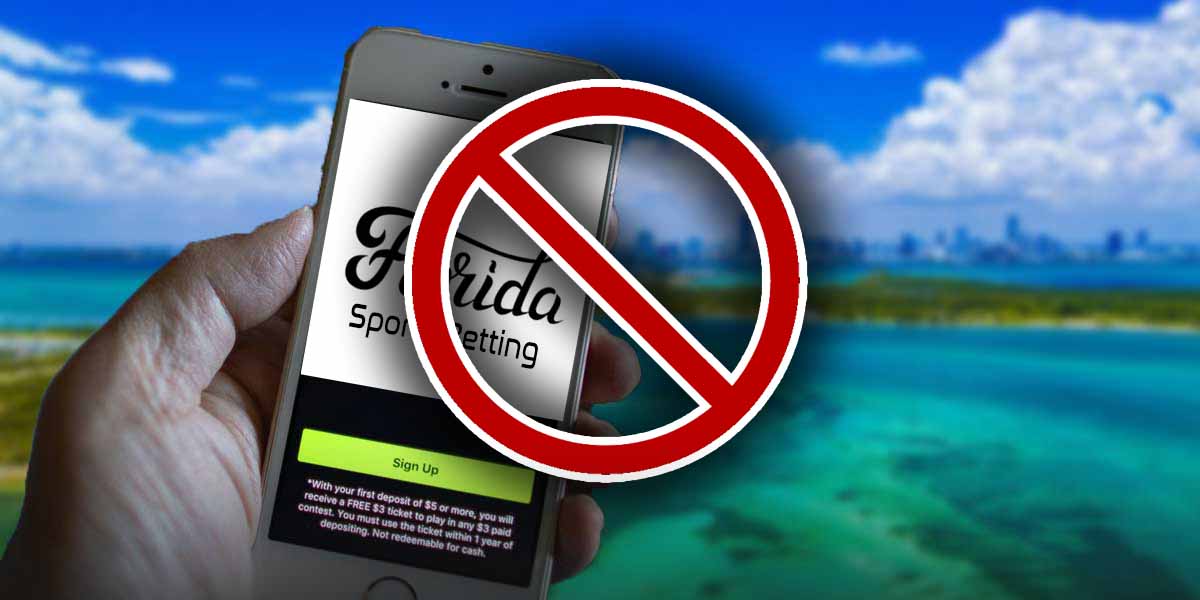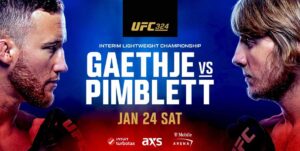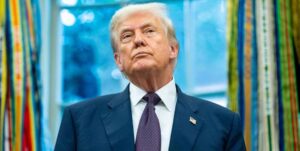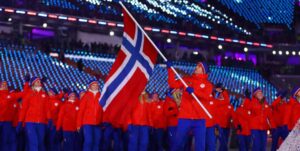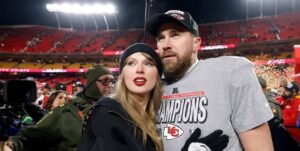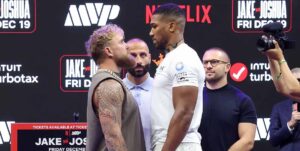- The Seminole Tribe of Florida is continuing to operate their Hard Rock Sportsbook App in Florida despite a judicial ruling nullifying the updated gaming compact.
- The tribe has filed a motion of appeal as well as a request of stay, the latter of which was denied by Judge Friedrich last Friday.
TALLAHASSEE, Fla. – Earlier this month, U.S. District Court Judge Dabney Friedrich ruled that the updated gaming compact between the state of Florida and the Seminole Tribe was illegal, nullifying the entire compact.
The ruling nullified the entirety of the 30-year Florida Gaming Compact, which granted the Seminole tribe a monopoly on both retail and online sports betting in Florida.
The Show Goes On
Despite this, the Seminole Hard Rock Sportsbook App continues to operate in the state. The day after the judge’s ruling, the Seminole Tribe filed a notice of appeal, as well as a “motion for stay – pending appeal.”
The notice of appeal means that the Seminole Tribe plans to appeal the case to an appellate court, while the “motion for stay – pending appeal” is a bit more complicated. In law, a stay is defined as a temporary stopping of a judicial proceeding through an order of the court. This particular stay is a stay of execution, which postpones the enforcement of a judgement against the litigant who lost the case. If granted, this would have allowed the Seminole Tribe to operate their Hard Rock Sportsbook legally until the appeal is heard in court.
Desperate Times Call For Desperate Measures
The motion for stay pending appeal was denied last Friday, making the appeal process the lone remaining option for the Seminole Tribe. This also means that the Seminole Tribe’s continued operation of the online Hard Rock Sportsbook App is illegal, which could lead to legal repercussions levied against the tribe in the future.
Marcellus W. Osceola, chairman of the Seminole Tribe, believes that the tribe must operate their sportsbook as a matter of financial survival, telling the court in a statement:
“The tribe’s online sports betting authorized by the compact is now in operation and is generating millions in revenue per week. The tribe is using these funds to pay back the development costs for its online sportsbook, make revenue-sharing payments to the state, and fund important tribal programs.”
Advertising Disclosure
USAOnlineSportsbooks.com provides you with the most current information regarding sports betting and fantasy with the help of commissions we receive from links you may click on our site.
The Future Of Florida’s Sports Betting Industry
Bob Jarvis, a gaming law professor at Nova Southeastern University, believes the ruling has a chance to be overturned in the higher courts. He points to the outdated nature of the IGRA, which was drafted before the advent of widespread internet access, saying:
“[the ruling] does not take into account what Congress would have done had it foreseen the rise of the internet at the time that it wrote [the] IGRA, and does not comply with the purpose and spirit of IGRA, which was to lift tribes out of poverty by allowing them to use gambling as an economic lever.”
If Jarvis is wrong and the ruling is not overturned by the appellate court, Florida will be back to square one when it comes to sports betting legalization. If this happens, the best chance for legal sports betting in Florida is a proposed voter’s initiative, which would give voters the opportunity to open up sports betting to all qualified operators (including the Seminole Tribe).
The initiative, called the Florida Sports Betting Initiative, has been financially backed by online operators FanDuel and DraftKings and accompanied by a wide-reaching signature gathering initiative. The initiative would require 891,589 valid signatures by February 2, 2022, a number which the sponsoring political action committee (Florida Education Champions) believes they will successfully reach.
There are some major differences between the updated gaming compact and the Florida Sports Betting Initiative. The first major difference is that the gaming compact would provide for a sports betting monopoly for the Seminole Tribe, while the initiative would open up the industry to tribal and commercial operators.
There are other major differences, including mobile betting regulations and revenue allocation, which would alter the Florida sports betting industry in major ways.

Jerad is a new addition to the USAOnlineSportbooks.com writing team, writing about all things related to sports gambling. As an ex-college baseball player, he pairs a first-hand knowledge of the inner workings of high-level sports teams with years of experience successfully betting on many different sports in order to bring valuable insights to bettors. He also studied political science at UCF, equipping him with the knowledge to cover the political, legal, and legislative aspects of sports gambling.
